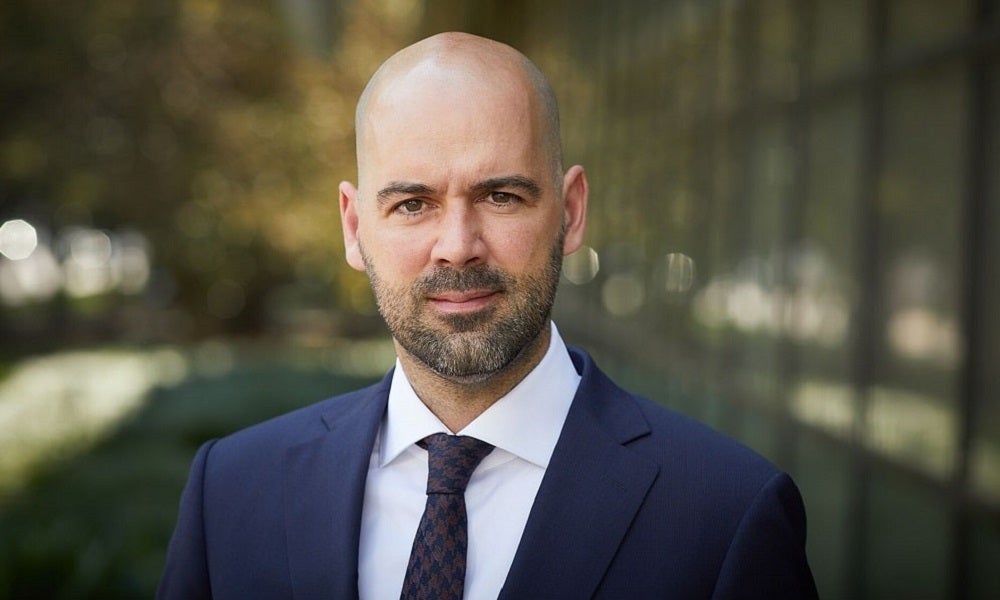Will AI make a few people much richer, but most people poorer?
Predictions about growing inequality due to AI sound increasingly alarming, writes UNSW Business School Dean Frederik Anseel
A prediction by Mo Gawdat, former chief of development company Google X, recently went viral on social media: “Unless you’re in the top 0.1 per cent, you’re a peasant. There is no middle class.” He’s not the only one with grim predictions about artificial intelligence. The godfather of AI, Nobel Prize winner Geoffrey Hinton, thinks the same: “AI will make a few people much richer, but most people poorer.”
Their predictions are based on two trends that are being accelerated through AI: the financialisation of the economy and technological concentration, leading to winner-takes-all effects. Those who understand how these two trends reinforce each other see why predictions about growing inequality due to AI better be taken seriously.
Financialisation
The first trend is the economic dominance of financial markets, where those who have assets – such as real estate, stocks, or gold – have advanced much faster over the past 40 years than those who don’t. Companies and investors are now pumping massive amounts of money into the promise of AI – not always because they know exactly what it will deliver, but out of fear of missing the boat: ‘what if my competitor sees an opportunity to grab the market with AI?’

Investment and growth through AI will only make financial markets larger and more dominant. Those who already own assets will see their wealth continue to grow. People generating income from employment are losing more and more ground. As AI is taking over tasks in many sectors, it will make some workers’ skills redundant in the labour market. No matter how hard they work, their salary cannot compete with the turbo boost for capital that AI provides.
Technological concentration
The second driver of this trend is concentration through technology. Technology reinforces existing winner-takes-all dynamics. Take pop stars, influencers, or footballers: digital platforms and social networks catapult a handful of names to fame on billions of users’ screens, while the rest plod along in the margins. This is why billions of dollars flow to AI platforms and why AI engineers earn salaries up to $100 million.
It’s a race to crack the market model. Whoever gets the formula right will seize world dominance. If Elon Musk is the first to roll out robotaxis, his net worth will know no bounds. AI accelerates this winner-takes-all dynamic even further. And those profits? Don’t count on the trickle-down mechanism – the profits don’t seep down to the broader population, but will flow to a small group of shareholders, investors, fund managers, technologists, and entrepreneurs.
Subscribe to BusinessThink for the latest research, analysis and insights from UNSW Business School
Uncomfortable conclusions
What does this mean in practice? Those who don’t own assets risk being increasingly sidelined. Those who missed the train can no longer catch up through a salary alone. We see the same pattern across the globe. For young people, buying a house becomes increasingly difficult.
Young people who still dream of belonging to that top 0.1% must specialise in either technology or finance. That’s where concentration effects are most intense and rewards for unique expertise are proportional. But these top jobs are super-competitive because they attract the best talent from all over the world, and the chance of success is exceptionally small.
And inequality? It will explode. Not because the middle class becomes lazier or dumber, but because AI and financialisation make the rich super-rich, at the expense of those who can only sell their labour.
Time for a Zucman tax?
The danger of this division between the super-rich and the rest is nothing less than societal collapse. If the super-rich hide behind the attitude of the beheaded French queen Marie Antoinette’s “Let them eat cake”, then they indeed risk a modern French Revolution. That’s why there’s something to be said for a global wealth tax for the real super-rich, a tax of 1 or 2 per cent as proposed by Professor Gabriel Zucman in France.

This is not to impoverish billionaires, but to strengthen society after AI. AI and digitalisation benefited from public investments, so it is only fair that some of the resulting profit flows back to society. With those resources, we expand education, share the benefits of innovation, and strengthen social safety nets.
I’m not against a healthy degree of inequality. It stimulates ambition, effort, risk-taking, and innovation. But the extreme wealth gap and inequality that AI and financialisation may cause, may prove to be too disruptive.
Frederik Anseel is Professor of Management and Dean of UNSW Business School. He studies how people and organisations learn and adapt to change, and his research has been published in leading journals such as Journal of Applied Psychology, Journal of Management, American Psychologist, and Psychological Science. A version of this post was first published in De Tijd.
